
Microfinance is slowly beginning to change the lives of people living in one of China's harshest environments, as Peng Yining reports from the mountainous Ningxia Hui autonomous region.
Zhang Yanqin and her poverty-stricken family are used to relying on charity. To show their gratitude, Zhang has pasted donation receipts on the wall of their cave dwelling in a remote village in the Ningxia Hui autonomous region.
Most of the papers are yellowed with age. The latest, sealed in a plastic cover, gleamed white against the brown dirt wall, detailing 500 yuan ($80) donated by a person called Liu Ning in 2011.
Labels on an old wooden table and a chair, the family's only furniture, proclaimed that they were originally the property of a local factory. Stamps in the children's picture books and on their school bags indicated that a kind-hearted person donated them to the family earlier this year.
"But we need more than charity," said the 36-year-old farmer. "We need to make a living for ourselves."
The desire to make a better living doesn't mean the family is ungrateful to those who have helped them. They wouldn't have displayed the documents, otherwise, she said.
Cultivation of corn and buckwheat brings the family of eight an annual income of less than 2,000 yuan, below the government's official poverty line of 2,300 yuan.

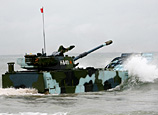

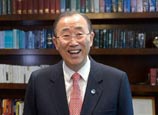
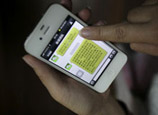
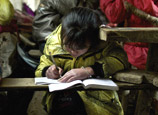


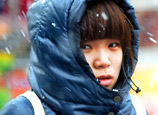






 Sex case leads to warnings about apps on smartphones
Sex case leads to warnings about apps on smartphones


![]()
